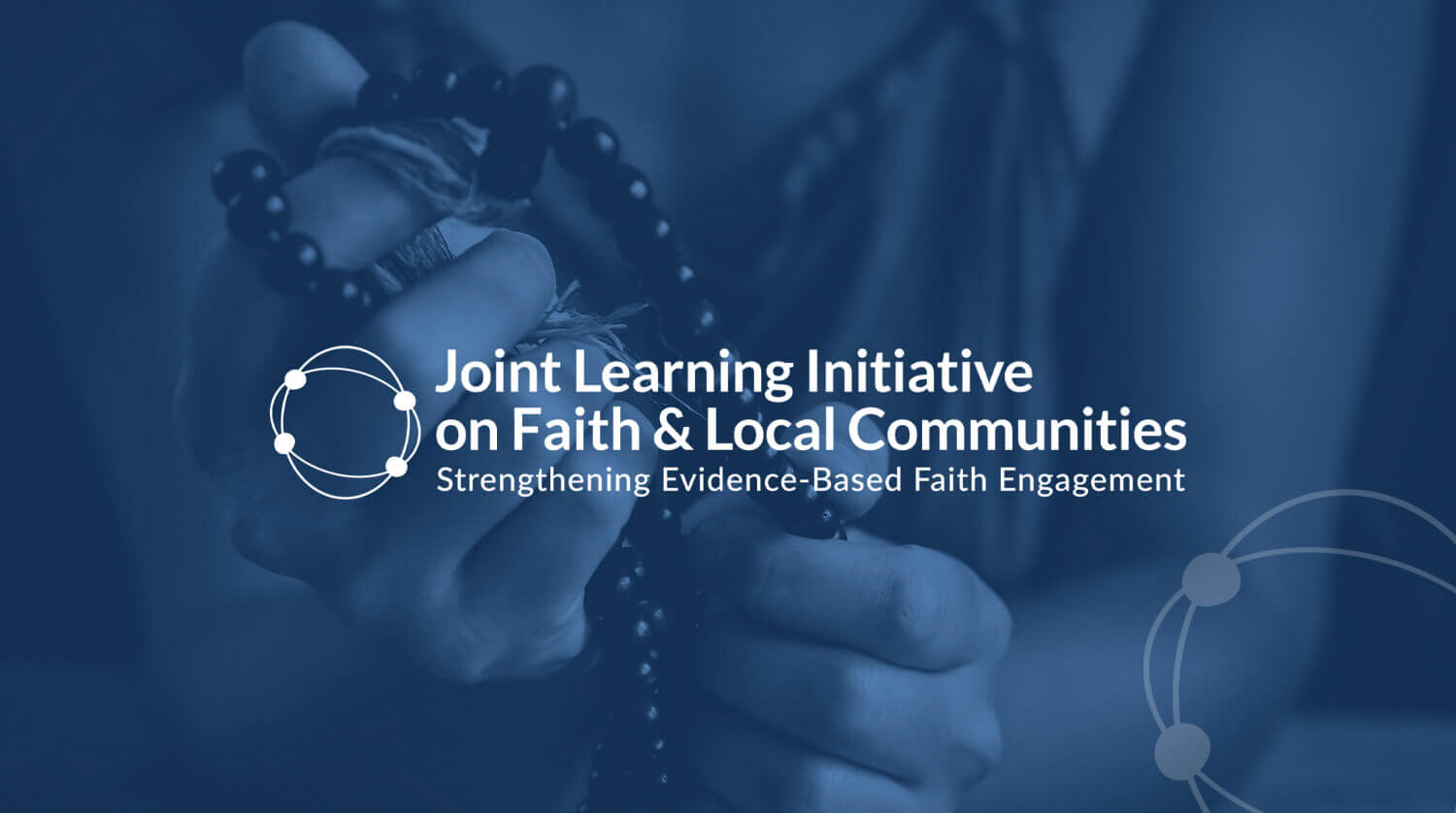JLI Refugees & Forced Migration Learning Hub Dessert Reception and Discussion
March 3rd 8:30pm, Princeton University, East Pyne 127
After the opening of the Princeton ‘Seeking Refuge Conference‘, the JLI Refugees & Forced Migration Learning Hub (JLI RFM Hub) members and interested scholars, policymakers and practitioners met. This meeting included a brief discussion of JLI’s current work, an exchange based on the current scoping study on the evidence on religion, refugees and forced migration and how to engage with the hub’s work.
Agenda:
Introduction to the JLI RFM Hub
Update on the hub scoping study
Discussion on how to address gaps in current RFM theme areas
Scoping Study Summary as of April
We are well underway with the literature review for the scoping study on religion, refugees, and forced migration. As the research progresses, we would now like to reach out to you, the Hub members, to crowd source our information. We would like to hear from you on two points:
-
What literature has been written in your organisation on refugees and forced migration (reports, policy briefs, evaluations, etc.)? Can you share it with us? It does not need to be specifically about religion, but if it touches on religion in its content then we would love to see it! (See also notes about gaps below.)
-
Can you put us in touch with key informants to interview as part of the research? We would particularly like to prioritise voices from the Global South. After conducting the literature review, we have found a good amount of evidence in some areas (e.g., North America, perspectives from Islam and Christianity, psychosocial aspects including coping mechanisms) and less evidence in other areas. We would particularly like to interview key informants that might be able to fill in these gaps:
-
Religions other than Christianity and Islam
-
Borders
-
Camps
-
Deportation
-
Detention
-
Transit/journeys
-
Protection issues
-
Smuggling/trafficking
-
Return
-
Media
-
Security and immigration officials
-
Non-arrival (dignity in/after death)
-
Involuntary immobility and stuckedness
-
Statelessness
Geographically, we have little from Latin America, Eastern Europe and Central Asia.
Likewise, if there are any other areas that you think can be covered by a key informant you have in mind, please let us know and feel free to contact us if you have any questions at all. If you can help us on one or both of these points, please respond to ([email protected])






